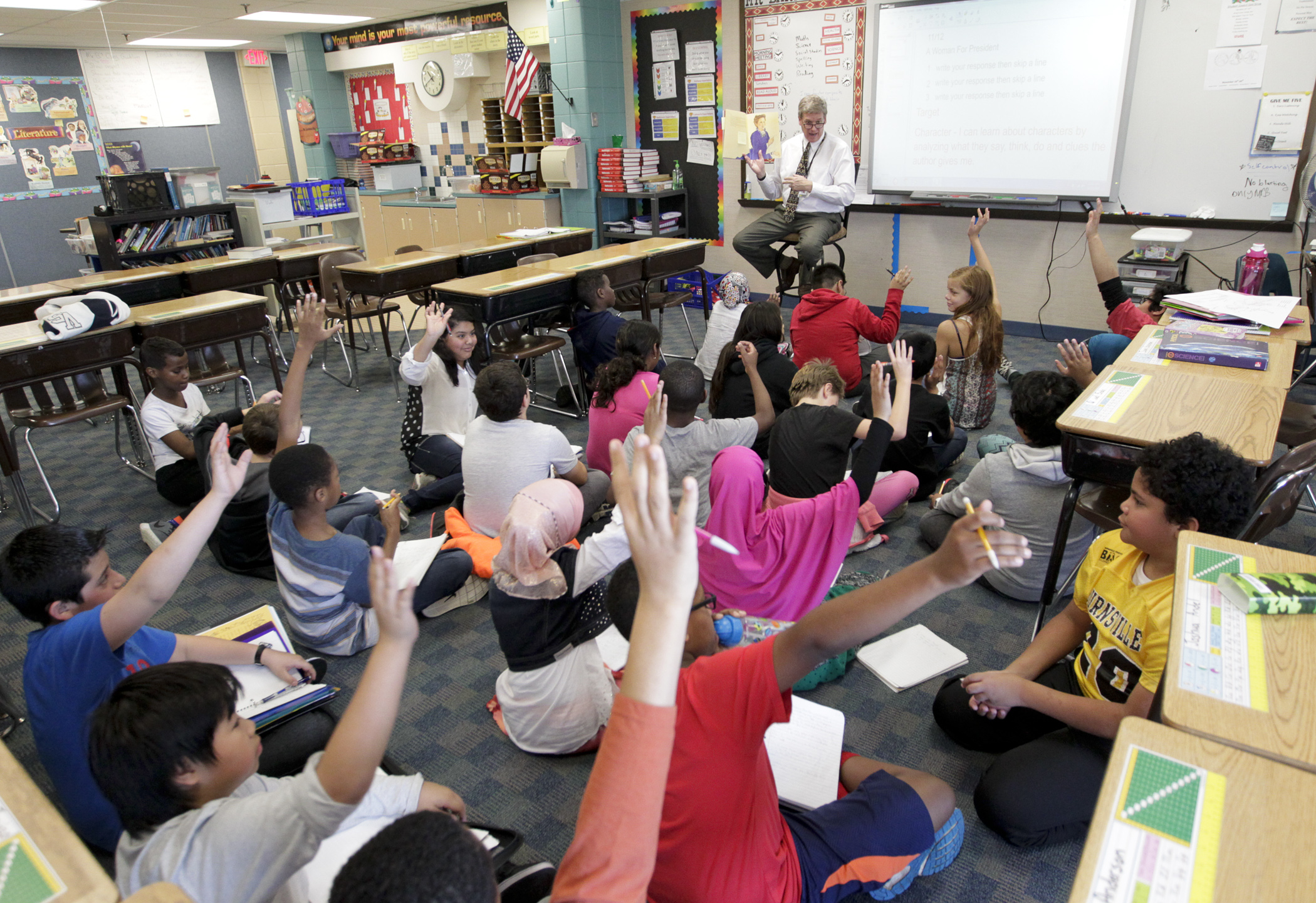Public weighs in on racial justice recommendations for MN schools

“Frightening,” “unacceptable,” “alienating” and “traumatizing” were a few of the words used to describe the opportunity gaps and racial disparities that exist in Minnesota’s education system.
Testifiers shared these comments during the House Education Policy Committee Monday, where they offered their thoughts on the education section of the House Select Committee on Racial Justice Report to the Legislature.
The December 2020 report outlines statistics demonstrating that the state has one of the nation’s worst education opportunity gaps between Black and white students in reading and math scores, graduation rates, discipline disparities and student-to-teachers-of-color ratios.
It concludes that “disparities in academic achievement are not caused by innate differences between the academic ability of students of different races; rather, a compounding set of circumstances limit the opportunities afforded to BIPOC [Black, Indigenous, people of color] children and prevents too many from reaching their full potential.”
“We have seen that these disparities are persistent and not only are they persistent they are very unacceptable,” said Rep. Ruth Richardson (DFL-Mendota Heights), the committee chair.
The report also offers several recommendations on how to address the opportunity gaps. Citlaly Escobar, an intern at Ed Allies, shared her personal experiences with discrimination while in school, and her support for the recommendations outlined in the report.
“Growing up as a Mexican American in Minnesota, my experience in the public school system was, at minimum, alienating and, at most, traumatizing,” she said. “It’s clear that Minnesota needs to step up and be willing to lead the country in providing equitable and anti-racist education for all of their students, staff and community members.”
Others shared support for early learning scholarships, head start programs, ethnic studies and financial literacy curriculum, mandating culturally responsive professional development for educators, measures to increase the percentage of teachers of color and eliminating discipline disparities.
Education advocate and former state Supreme Court Justice Alan Page spoke to the report’s findings and recommended that lawmakers support his efforts to have an amendment added to Minnesota’s constitution that would specify that all children have a fundamental right to a quality public education.
“Time and time again we study the problem and don’t take action,” he said. “At the end of the day, given our history, given what has come before and what we haven’t done … we are really presented with two questions: What are we going to do and when are we going to do it?”
Related Articles
Search Session Daily
Advanced Search OptionsPriority Dailies
Legislative leaders set 2026 committee deadlines
By Lisa Kaczke Legislative leaders on Tuesday officially set the timeline for getting bills through the committee process during the upcoming 2026 session.
Here are the three deadlines for...
Legislative leaders on Tuesday officially set the timeline for getting bills through the committee process during the upcoming 2026 session.
Here are the three deadlines for...